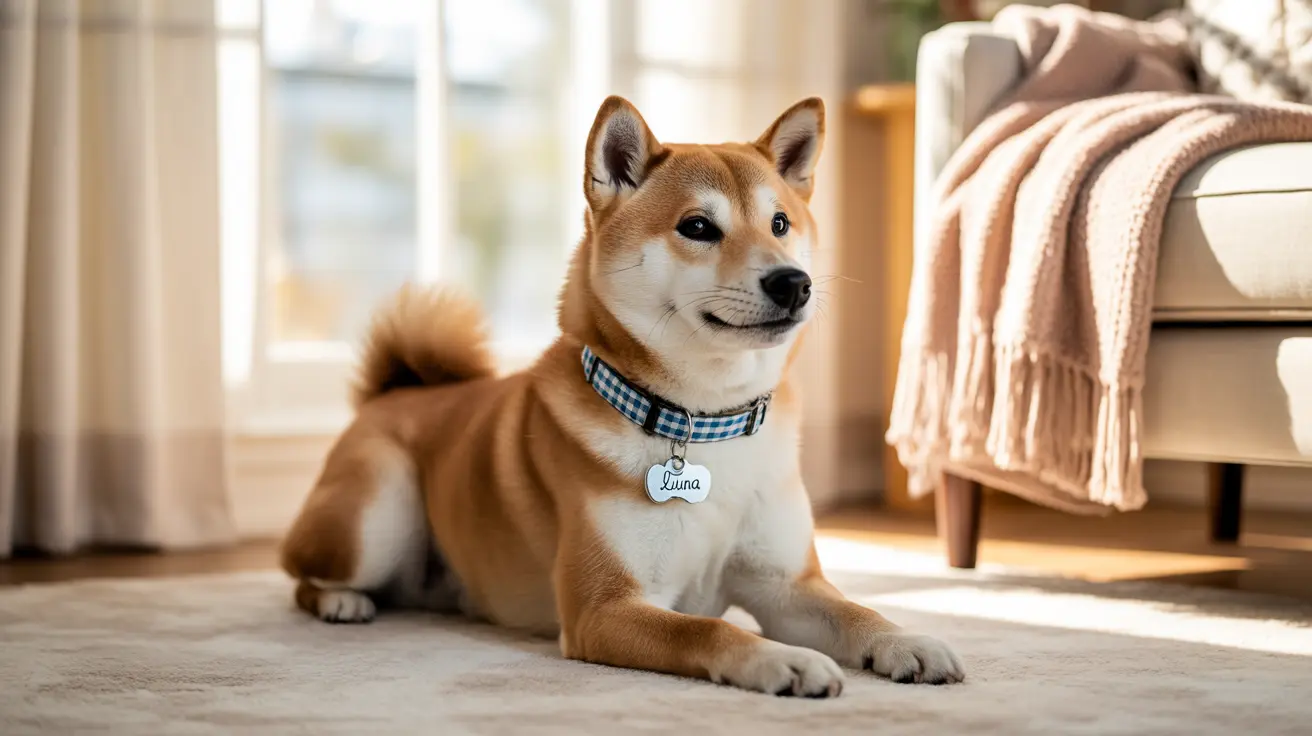The Rise of Human Names for Dogs
The practice of giving dogs human names has become increasingly common, reflecting a significant shift in how we view our canine companions. No longer just pets, dogs are now considered integral family members, leading to naming choices that mirror those we'd use for children.
From traditional names like Max and Lucy to trendy choices like Luna and Cooper, human names for dogs have become the norm rather than the exception. This trend reflects deeper changes in our society's relationship with pets and how we integrate them into our family structures.
Popular Human Names for Modern Dogs
Current trends show a strong preference for human names that are both classic and contemporary. Luna, Bella, and Charlie consistently rank among the most popular dog names, matching trends in baby naming. These choices often reflect cultural influences and personal connections.
Interestingly, certain names tend to be more popular with specific breeds. For example, larger breeds often receive strong human names like Max or Zeus, while smaller dogs might be given more playful human names like Penny or Sophie.
Cultural Impact on Dog Naming
Pop culture plays a significant role in dog naming trends. Names from popular movies, TV shows, and even celebrity culture often see spikes in popularity. For instance, the name Luna gained significant traction potentially due to the Harry Potter series, while names like Kobe saw increases following significant cultural moments.
Social media has also influenced this trend, with many pet owners choosing Instagram-worthy names that sound good in hashtags and posts. This digital age influence has led to an increase in unique human names that stand out online.
The Psychology Behind Human Dog Names
Choosing human names for dogs often reflects the deep emotional bonds between pets and their owners. This naming practice can strengthen the human-animal bond and reinforce the dog's position as a family member rather than just a pet.
Research suggests that using human names can affect how others perceive and interact with dogs, potentially leading to more positive social interactions and better treatment in various settings, from veterinary offices to dog parks.
Practical Considerations When Choosing Human Names
When selecting a human name for your dog, several factors deserve consideration. The name should be easy to pronounce and recognize, distinct from common commands, and appropriate for your dog's personality and size.
It's also important to consider the longevity of the name - while trendy names might seem appealing, classic human names often stand the test of time better and may be more appropriate as your dog ages.
Frequently Asked Questions
Why are human names like Luna and Max becoming more popular for dogs?
Human names for dogs have become increasingly popular as pets are increasingly viewed as family members. This trend reflects the growing emotional connection between humans and their pets, with owners treating their dogs more like children than traditional pets.
How do popular human dog names affect a dog's chances of adoption from shelters?
Dogs with friendly, familiar human names often have higher adoption rates from shelters. Names that sound approachable and relatable can make potential adopters feel more connected to the dog and increase their likelihood of being chosen.
What should I consider when choosing a human name for my dog?
Consider the name's length, ease of pronunciation, and how it might age with your dog. Avoid names that sound similar to common commands, and ensure the name fits your dog's personality and physical characteristics.
Are there any risks in naming a dog with a name that sounds like common commands?
Yes, names that sound similar to common commands (like "Kit" and "sit" or "Bo" and "no") can confuse dogs during training and make it harder for them to learn and respond to commands correctly.
How do pop culture and breed influence the choice of human names for dogs?
Pop culture significantly influences dog naming trends, with names from popular movies, TV shows, and celebrities often seeing increased popularity. Breed characteristics also play a role, with certain names being more commonly associated with specific breeds based on size, appearance, or traditional roles.
Conclusion
The trend of giving dogs human names represents more than just a naming convention - it's a reflection of the evolving relationship between humans and their canine companions. As pets continue to occupy increasingly important roles in our families, this trend is likely to persist and evolve further.
Whether choosing a classic human name or a more contemporary option, the most important factor is selecting a name that strengthens the bond between you and your four-legged family member while respecting their unique personality and characteristics.






